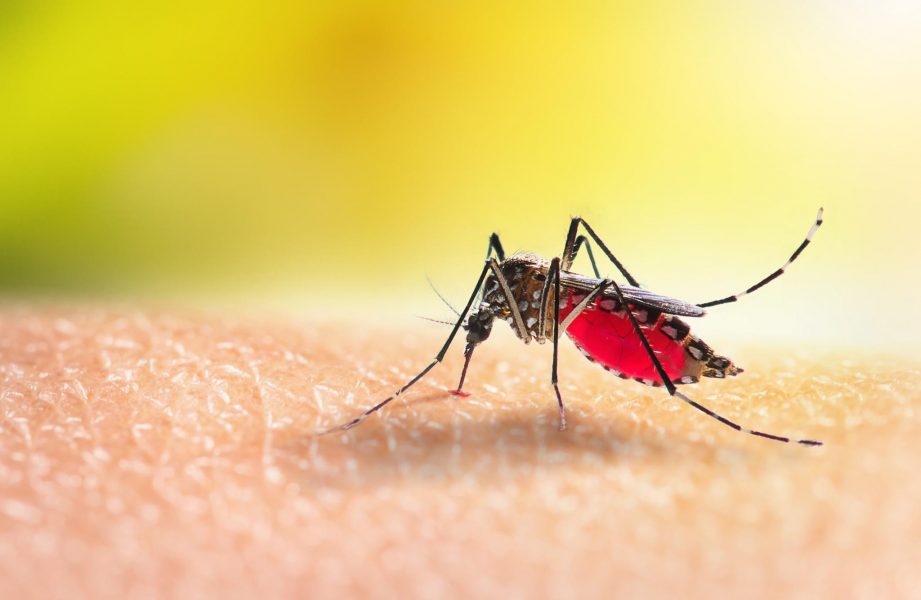
World’s first malaria vaccine promises check on child deaths in Africa

The World Health Organization (WHO) on Wednesday (October 6) approved the first malaria vaccine, Mosquirix (RTS,S/AS01), and recommended its widespread use in the sub-Saharan region of Africa.
WHO’s Director-General Tedros Adhanom Ghebreyesus emphasized it to be a ‘historic moment’ and said, “After reviewing evidence from those countries, the WHO said it was “recommending the broad use of the world’s first malaria vaccine.” Director of the WHO Global Malaria Programme, Pedro Alonso termed it as a ‘massive breakthrough.’
A child dies from #malaria every two minutes.
One death is one too many.? Today, WHO recommends RTS,S, a groundbreaking malaria vaccine, to reduce child illness & deaths in areas with moderate and high malaria transmission https://t.co/xSk58nTIV1#VaccinesWork pic.twitter.com/mSECLtRhQs
— World Health Organization (WHO) (@WHO) October 6, 2021
Malaria results in the death of more than 400,000 people a year, largely in the African continent. According to the WHO, a child dies of malaria every two minutes. According to the WHO data, more than half of the deaths due to malaria were reported in six sub-Saharan African countries with Nigeria reporting a quarter of the cases.
Also read: Researchers discover new drug in battle against malaria
The WHO’s decision to endorse the vaccine was taken on the basis of results of an ongoing study, which has benefited about 80,000 children in Ghana, Kenya and Malawi since 2019. Dr. Alejandro Cravioto, who heads the WHO vaccine group that made the recommendation, said, “We are not yet in reach of a highly efficacious vaccine, but what we have now is a vaccine that can be deployed, and that is safe.”
Kate O’Brien, Director of WHO’s Department of Immunization, Vaccines and Biologicals, based on the study said that the vaccine “significantly reduces malaria.” Notably, the vaccine is found to be 30 per cent effective and requires four times inoculation, but the effect also fades after several months. Julian Rayner, Director of the Cambridge Institute for Medical Research, said, “It is an imperfect vaccine, but it will still stop hundreds of thousands of children from dying.”
Also read: WHO stalls clinical trials of anti-malaria drug for COVID over safety concerns
The agency recommends children in sub-Saharan Africa and, other regions having moderate to high malaria transmission, get four doses of the vaccine up to the age of two. According to the WHO, side effects of the vaccine are rare but sometimes could cause a fever resulting in temporary convulsions.
The first vaccine against malaria gained momentum in April when the Matrix-M vaccine by Oxford claimed to surpass WHO’s threshold of 75 per cent efficacy. BioNTech has also said it aims to begin the trials of malaria vaccine in the consecutive year by deploying mRNA technology.


